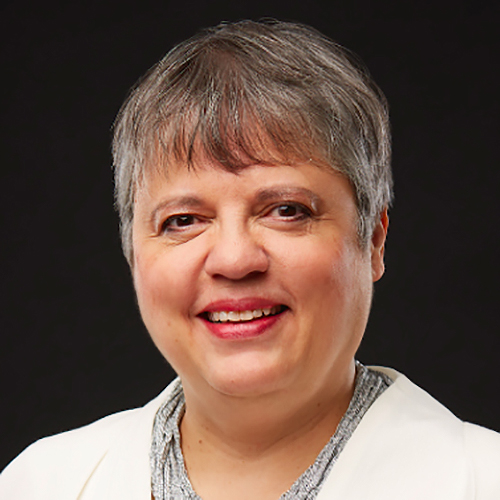Keynotes

Yasmin B. Kafai
Designing and Debugging with Electronic Textiles: Diversifying Participation and Deepening Learning in K-12 Computer Science Education
We are witnessing a remarkable comeback of computer programming in schools. While computers seem to be accessible everywhere, particularly outside school, where children and youth are connecting to wider networks of other young users, their capacity to wield such devices critically, creatively, and selectively is decidedly less potent. Learning the language of computers introduces students to processes for thinking and solving problems and for engaging creatively and critically with digital media. Using the example of electronic textiles—computational artifacts in which circuits are stitched with conductive thread to connect microcontrollers and control sensors and actuators, I describe how we can broaden access, diversify representation, and deepen learning. More importantly, I illustrate how the introduction of crafting with computing in schools that serve marginalized populations can help diversify who makes and the kinds of artifacts that are being made, how projects can introduce more complex programming concepts and practices, and what kind of tools we can design to support novice programmers in coding and debugging hybrid artifacts.
About the Speaker
Yasmin Kafai is a professor at the University of Pennsylvania. She is a learning designer and researcher of online tools, projects and communities to promote computational making, crafting, and creativity. With colleagues at MIT, she developed the programming language Scratch and researched applications and participation in clubs, classrooms, and online communities. With Jane Margolis and Joanne Goode, she developed electronic textile projects to introduce computing, crafting, and engineering to high school students and teachers as part of the nationwide "Exploring Computer Science" curriculum. She has written several books, among them "Connected Code: Why Children Need to Learn Programming," "Connected Gaming: What Making Videogames Can Teach Us About Learning and Literacy," and "Connected Play: Tweens in a Virtual World"—all published by MIT Press. Kafai earned a doctorate from Harvard University while working with Seymour Papert at the MIT Media Lab. She is a Fellow of the American Educational Research Association and the International Society for the Learning Sciences.

Andreas Stefik
Toward Accessible Graphics and Visualization
Computer science has become an increasingly visual discipline. Tools in a wide variety of domains, from gaming environments to programming or scientific ones, use graphics for a variety of purposes (e.g., entertainment, knowledge acquisition, general user interactions). While the impact is clear enough for the general population, the disabilities community can have significant challenges in using such content, especially the blind or visually impaired. In this talk, we will discuss the research challenges involved in making graphical and visualization technologies accessible. This will include discussion of new techniques for designing interactive graphical applications that are usable even by those that cannot see the screen.
About the Speaker
Andreas Stefik is an associate professor in computer science at the University of Nevada, Las Vegas. For the last decade, he has been creating technologies that make it easier for people, including those with disabilities, to write computer software. He helped establish the first national educational infrastructure for blind or visually impaired students to learn computer science and invented the first evidence-oriented programming language, Quorum. The design of Quorum is based on data derived through methodologies similar to those used in the medical community. He has been a principal investigator on 5 NSF-funded grants, many of which related to accessible graphics and computer science education. Finally, he was honored with the 2016 White House Champions of Change award and the Expanding CS Opportunities award from Code.org and the Computer Science Teachers Association.